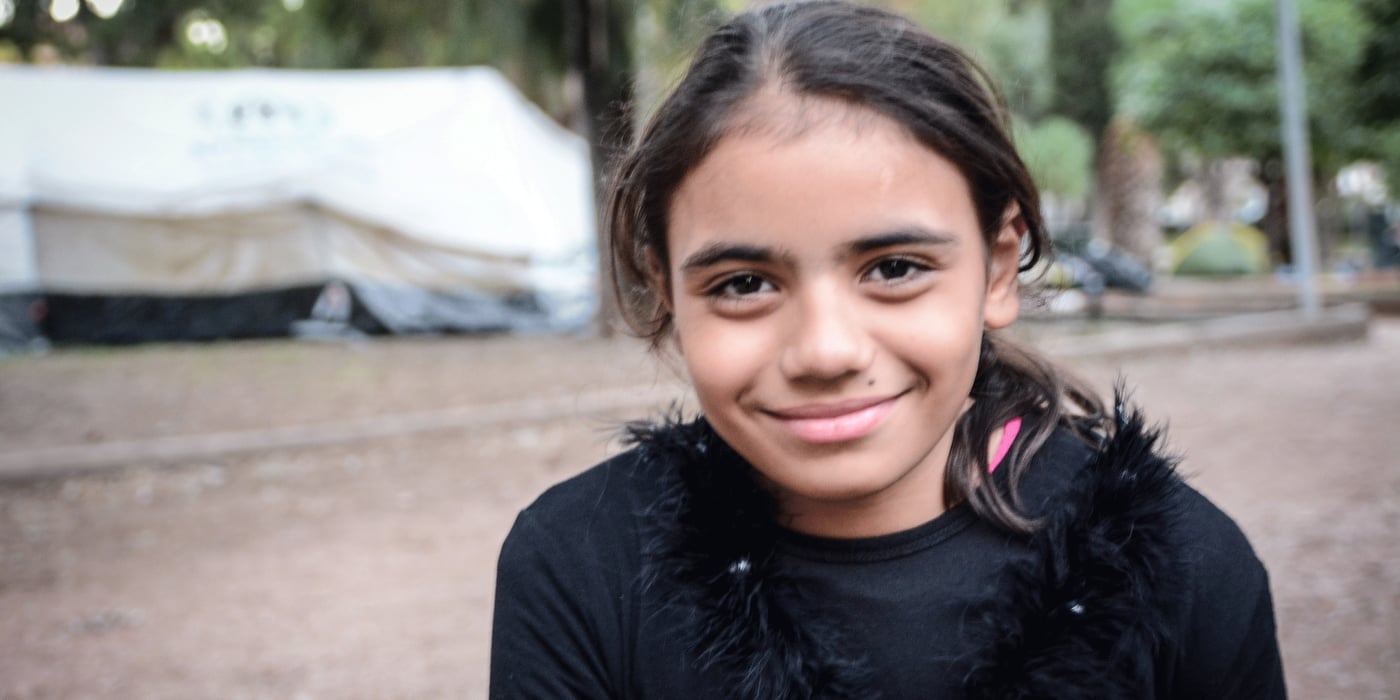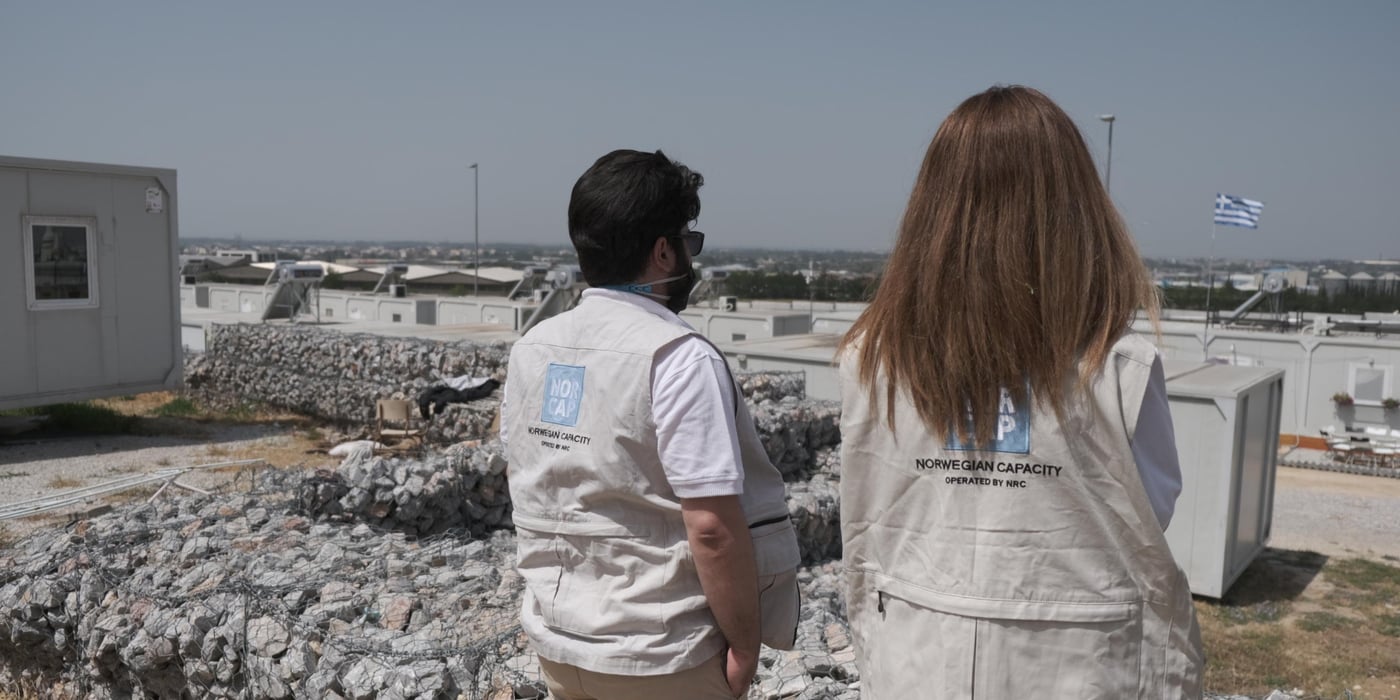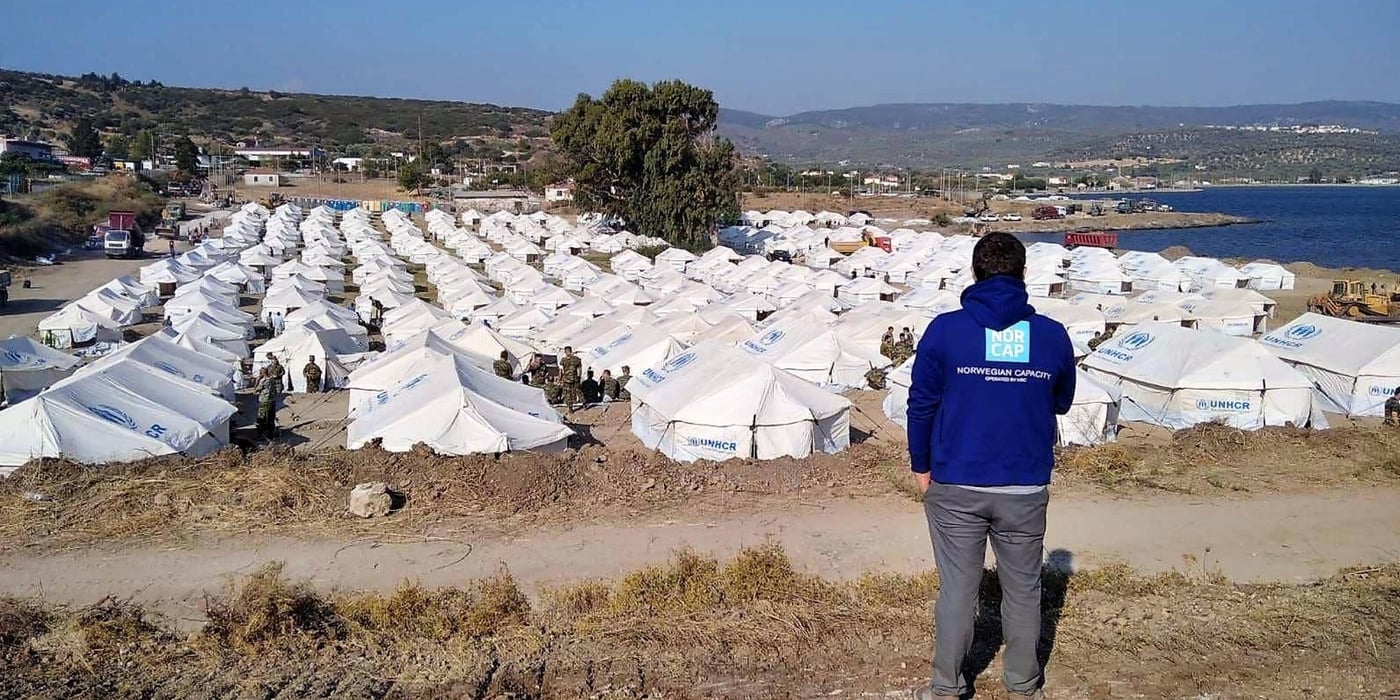
“It was a big boat, but we were about eighty people. I thought we were going to die,” the young girl says.
She has just reached the Greek island, Chios, after fleeing by boat from Turkey. It has been a long journey, which really started back in Homs in Syria, several years earlier.
“Homs was very good. I liked it so much. But then the war came, they started to kill us and I lost my brother,” Amar says.
The family fled to Jordan, where they struggled to get by. After a while, Amar’s father made his way to Sweden and the family soon followed his footsteps, from Jordan to Turkey, across the Mediterranean and through Europe.
Reunification
“Our humanitarian workers in Chios are meeting women and children who are now embarking on the dangerous journey across the sea, to be reunited with their husbands and fathers who travelled before them. If these families were granted the right to family reunification, the number of children drowning in the Mediterranean would reduce,” says senior adviser at the Norwegian Refugee Council, Pål Nesse.
Last year, more than 3700 people died on their way to Europe. Young Alan Kurdi (3), who drowned and was found on a beach in Turkey – a photo that touched the whole world – was followed by the death of hundreds of other children.
Family reunification is one of the few legal ways for people to enter Europe. When family reunification is granted, women and children can travel by normal transport, instead of relying on smugglers.
“It is both cheaper and safer. We also know it is easier to start the integration process for the refugees when they have been able to reunite with their families,” Nesse adds.
Stricter rules
However, several countries are now discussing stricter rules for family reunification.
In Norway, the government suggests the refugees should have to work or study for a minimum of four years, before they can be reunited with their families. In Denmark, people currently have the right to apply for family reunification after one year - but the government has proposed to change this to three years.
Separation of children from their parents can have detrimental consequences for the refugee children’s lives, argues UN’s High Commissioner for Refugees (UNHCR) in their reaction to the suggested changes in the law, according to Ritzau.
UNHCR recommends countries make sure family reunification can happen at the earliest stage possible.
Nesse is also negative towards the proposed changes.
“The only ones who are set to gain from stricter family reunification rules are the smugglers,” he argues.
A future in Sweden
In Chios, Amar is playing with some friends in the park while waiting to be registered and continue towards Sweden. She has survived the toughest part of the journey.
“I don’t know much about Sweden. But my father told me we will be okay,” she says.




